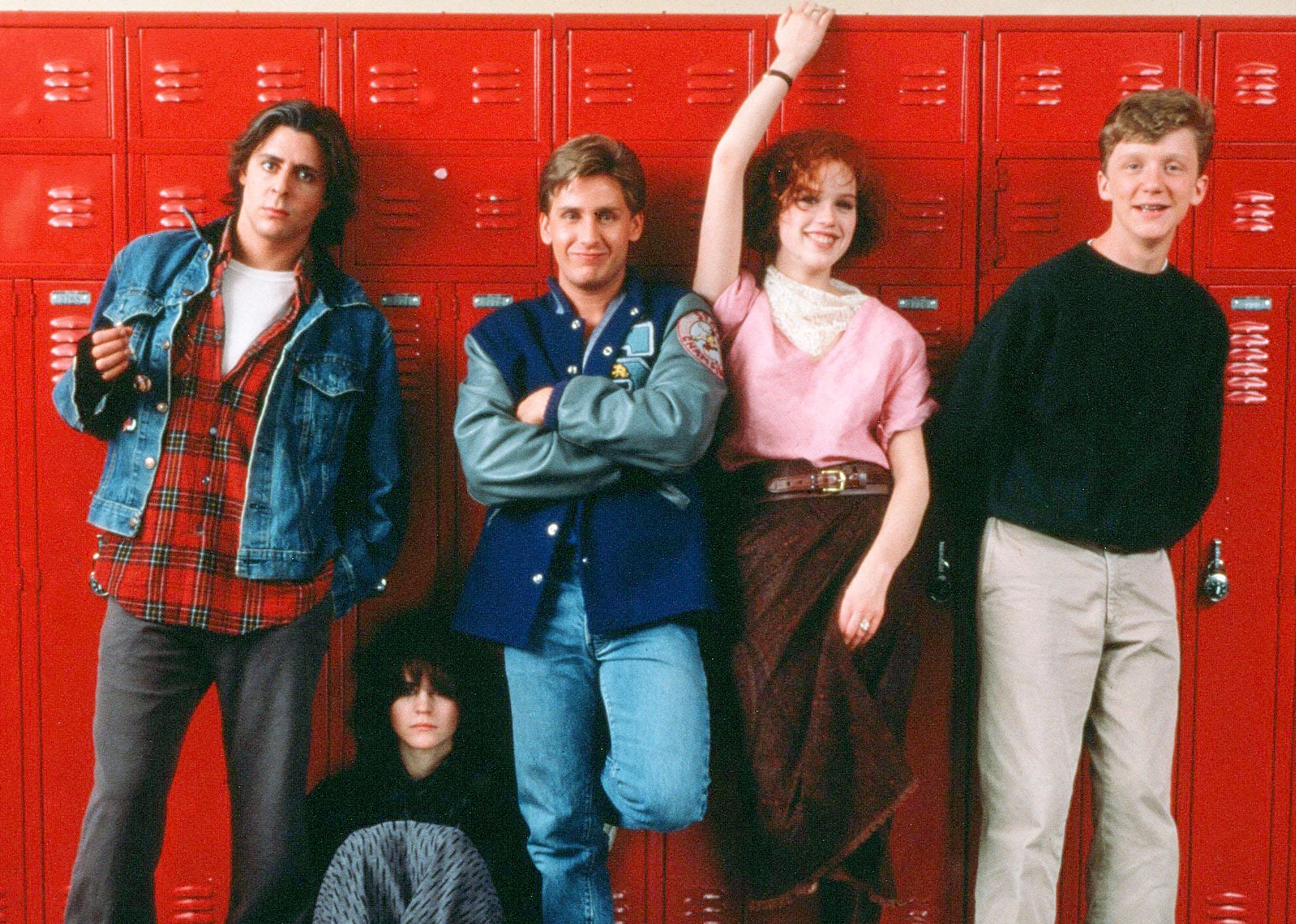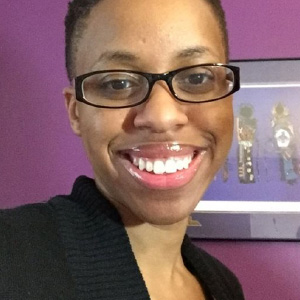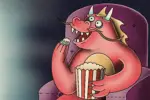In a time where we are seeing more and more discrimination and prejudice against economic background, ethnicity, gender, race, religion and sexuality, everyone needs to stop and consider the fact that most of these issues have been going on for some time—because of the discrimination and prejudice, there have been numerous movies inspired that touched on these topics.
The movies helped show how to prevent the hate from spreading like a wildfire, and three particular movies come to my mind as I consider what actions and messages 2017 needs to hear and put into practice. Beware, for those who haven’t seen the movies, this article does get a little spoiler-y.
- To Kill a Mockingbird (1962)
Written as a novel by Harper Lee in 1960 and released as a film with screenplay written by Horton Foote in 1962, “To Kill a Mockingbird” is based off of Harper Lee’s own experience when she was a child, and it is considered a classic among book and movie lovers. The novel received immediate acclaim and even won the Pulitzer Prize for fiction, while the film went on to earn ten times its budget and win three Academy Awards—and “To Kill a Mockingbird” has recently been set to become a Broadway production.
Why is the story of “To Kill a Mockingbird” still sparking interest? Because the movie tackles, without sugarcoating, the issue of racism and rumors in the small, fictional town of Maycomb, set in Alabama in the 1930s. The film introduces the protagonists, Jean Louise “Scout” Finch played Mary Badham and her brother Jeremy Atticus “Jem” Finch played by Phillip Alford, who live with their father Atticus Finch played by Gregory Peck. Much of the plot centers around the trial of Tom Robinson, a black man, who was accused of beating and raping Mayella Ewell, a poverty-stricken white woman. Atticus was asked to take on the task of defending Tom at the trial and he agreed, and the agreement caused issues for him and his children for the majority of the story—yet that did not defer Atticus from his job.
Atticus did all he could to defend Tom’s name, not caring if he were a black man or not, but merely caring if Tom was innocent or not. He explained how Tom could not have been the attacker because had a crippled left arm and the unknown rapist would have had to especially use his left hand while assaulting Mayella before raping her; not to mention, Atticus even went as far as to point out how Mayella’s father Bob Ewell was left handed and how Mayella had never been examined after the supposed attack. With a case this airtight, how could Atticus do anything but win as he gave his closing argument and talked about the unjust nature of Tom’s case?
Here’s how: As Atticus mentioned in his closing argument, Tom made one crucial mistake, Tom said during the trial, “Yes, suh. I felt right sorry for her,” and those words ignited outrage. The admittance that he, a black man, felt sorry for a white person, even a woman, was basically asking for death as whites considered blacks inferior to them during that time. Tom realized his mistake too late and it cost Tom his life in the end.
However, what is powerful about this movie is the fact that one man stood against the masses in defense for someone who nearly everyone in town had placed their anger and disgust in. Despite knowing the backlash that would come his way, Atticus stood up for Tom, and though he lost the case, he taught Scout a valuable lesson of doing the right thing by anyone no matter the color of their skin, even if others might oppose loudly and violently.
- The Breakfast Club (1985)
High school is hard enough with homework, school lunches and unmerciful teachers, but then you throw in bullying and high school becomes nearly unbearable. In watching John Hughes’ beloved 1985 coming-of-age comedy-drama “The Breakfast Club,” audiences observe the possibility of what it might have been like for high school cliques to be thrown in one another’s face. Budgeting at one million dollars, the film grossed a whopping $45,875,171, making forty times what was put into the film.
The noteworthy film is set on a Saturday where five young teens have detention, and these teens are as “different” as they can be from one another. There is wrestling champ Andrew portrayed by Emilio Estevez, rich girl Claire portrayed by Molly Ringwald, eccentric outsider Allison portrayed by Ally Sheedy, straight-laced nerd Brian portrayed by Anthony Michael Hall and thug-in-training John Bender brought to life by Judd Nelson. As the movie starts, audiences cannot fathom the storyline as the characters supposedly have nothing in common—but the notion is soon broken, much like the library door, as the teens begin to share their lives with one another.
Andrew’s father was a jock in school and he was also a bully; thus, he expected the same behavior and pattern from Andrew (“The Athlete”) and bullying, i.e. taping Larry’s butt together, is what landed Andrew in detention. Popular and sexually innocent Claire (“The Princess”) looked as though she had it all but her relationship with her parents was strained as they substituted expensive gifts for unconditional love and it makes Claire’s detention-worthy deed of skipping school to go shopping come as no surprise. Both in the “popular” crowd, Andrew and Claire would seem to have the most in common, but they ended up connecting deeply with the other characters as strained relationships with parents became a common ground.
No-friend-having Allison (“The Basket Case”) didn’t even do anything to get into detention, she came because she had nothing better to do—and that’s not surprising as she let the group know her parents ignored her very existence. The pressure from his parents to achieve good grades landed Brian (“The Brain”) in detention after the flare gun he brought to school to kill himself with went off in his locker. Finally, we come to Bender (“The Criminal”) who basically has a standing date with Saturday detention for one reason or another, such as, let’s say, pulling the fire alarm and getting into fights—but maybe Bender doesn’t mind Saturday detention as it keeps him from fulfilling the job of being his father’s punching bag.
The principal Mr. Vernon made his feelings clear when it came to each student, especially one John Bender, and as these students lamented their lives, they brought up how they were not only brainwashed by their parents but by society in general. Andrew even asked the question, “Are we gonna be like our parents?” They’ve been painted as one way in society and they were expected to remain in those defined labels. Yet, each teen decided, as they sat around in a circle on the floor of the library, they would not be like their parents and wouldn’t let their hearts die as they got older.
While audiences will never know if the five continued relations with one another or went back to the mundane roles appointed to them on Monday, they can be comforted by the sentiments expressed in the essay read by Mr. Vernon (voiceover done by Brian) at the end of the movie; it is here especially where the themes of “never being ashamed of who you are” and “do not judge a book by its cover” are given to the audience, and they are encouraged to join Bender in giving a victorious fist pump as detention ends for the five teens with a new sense of self and the world around them.
- Zootopia (2016)
Coming to our final and most recent film, “Zootopia,” Disney deserves a lot of praise for coming up with this 3D computer-animated adventure-comedy treasure. The film received widespread critical acclaim for its animation, voice acting, characters, humor, screenplay and themes centered around discrimination and social stereotypes; also, the film was a massive box office success, grossing $1.023 billion worldwide on $150 million budget, and the lovable movie is now ranked as the second highest-grossing Walt Disney Animation Studios film.
Judy Hopps, one tough bunny, desired to be a police officer since she was young, and accomplishing her goal meant moving out of rural Bunnyburrow and heading to the thriving metropolis of Zootopia, which is divided into various districts: Sahara Square, Tundratown, Little Rodentia and Rainforest District. In Zootopia, there is the belief that anyone can be anything they want to be, even a bunny wanting to be a cop. The idea was quickly stomped on, because despite the fact that Judy passed through the academy with flying colors, she was still viewed as only a bunny and was not taken seriously; thus, the chief stuck her with the job of meter maid.
Through the job of meter maid, Judy met slick-talking, always-hustling Nick Wilde, was hustled by Nick and was informed by Nick that, “Everyone comes to Zootopia, thinking they could be anything they want. But you can’t. You can only be what you are. Sly fox. Dumb bunny.” However, Judy soon gets the opportunity to prove she’s not prey and Nick gets the chance to prove not all predators are out for trouble.
What audiences get to see later in the movie is how stereotypes are heavily pushed and used against those they’ve been pinned on. The antagonist in the film wanted everyone to view predators how they used to view them: as savage animals who should not be trusted. Even Judy fell into the trap of thinking this way and gave up on her dream, but she bounced back and it was in trusting Nick that she was able to come through and make right all that was wrong. Like Judy explained in her speech, no place is a perfect place and the world can only get better if people only try to make it better.

















